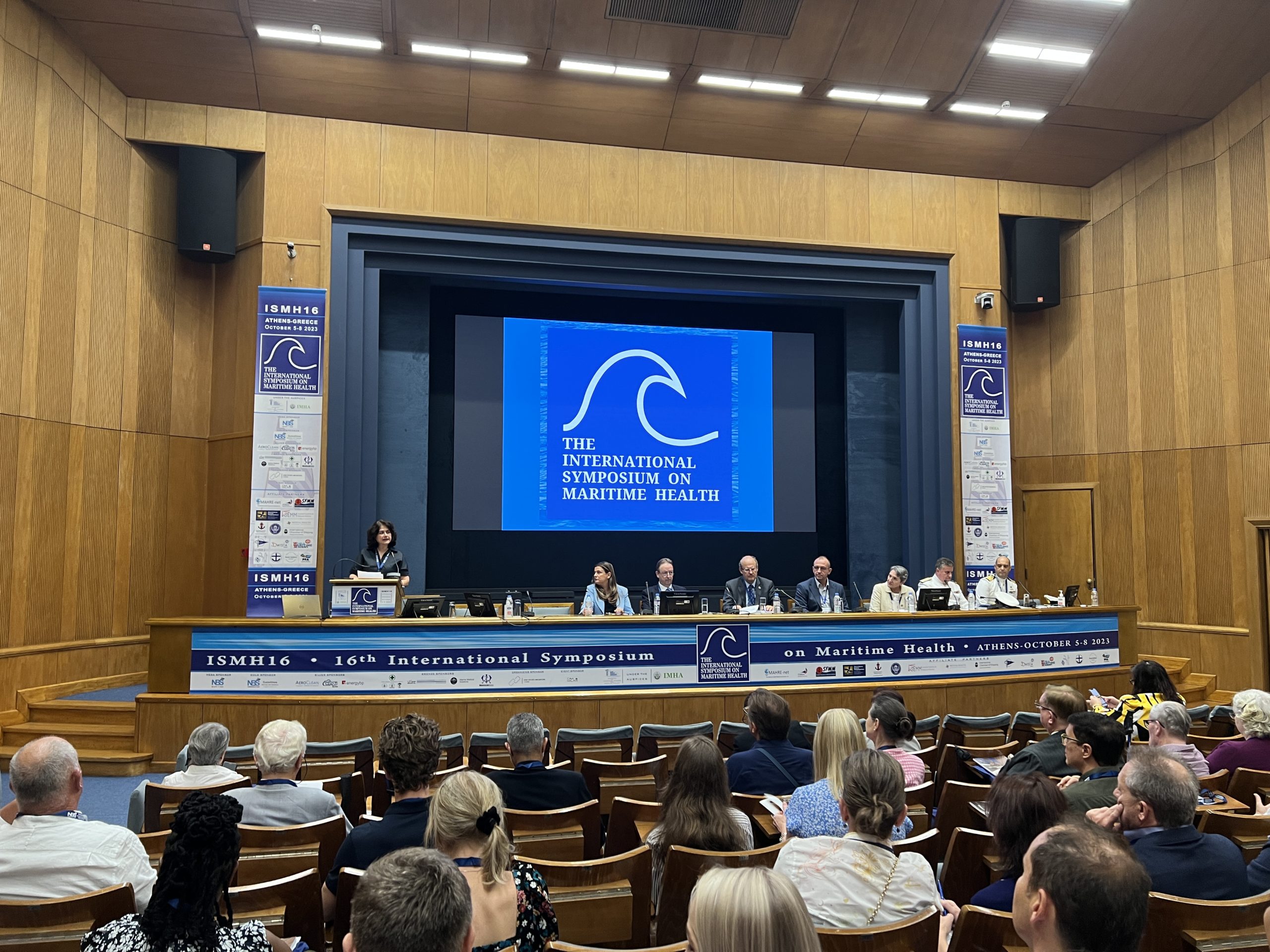by Dr. Jason Zuidema, NAMMA
Remarks delivered at the opening session of the NAMMA Conference 2022 in Baltimore, MD, August 9, 2022.
In the last generation, port-based seafarers’ welfare providers have sought to adapt their services to the needs of seafarers. Smaller, more diverse crews, quicker turnaround times in port, the slow adoption of Internet on board, and security concerns have all had an impact on the well-being of seafarers. Though each of these factors is lived in different ways, the overall direction was to increase the social isolation of seafarers while on board. This is not to say that seafarers, subjectively, are all lonely or are mentally unhealthy, but rather that they have, objectively, less contact with those ashore and even with other crew members.
The challenges of the last few years – the COVID-19 pandemic – and the last few months – the war in Ukraine – have emphasized what was already trending. Decreasing shore leave in the past generation went to limited or no shore leave in the various waves of the pandemic. A lack of cheap or free Internet, compounded the feelings of isolation for Ukrainian seafarers desperate to get news of their families back home. In both pandemic and war, crew change and lengthening of contracts were common.
Faced with these overwhelming challenges, seafarers’ welfare providers have had to adapt their services to continue to care. When shore leave was not possible, far more attention was given to providing services that could be completed at the gangway. As one example, many seafarers’ missions focused on personal shopping services or package delivery. This was not the same as regular ship provisions where the large size of the order justified the costs of delivery. Rather, in most cases, these were deliveries of small items – comfort food, individual packages, a SIM card so that the seafarer could call home. As one might understand, heading to a local Walmart in America with a hand-written list of a hundred items for 20 seafarers, is not everyone’s cup of tea. This personal shopping takes time, and can only work with a real attention to detail. Yet, Ship visitors, chaplains and volunteers are not driven by the promise of monetary profit from these activities, but by the joy that small acts of kindness can produce for seafarers who are far from home.
The same attention was given to the launch of vaccination programs for seafarers around the world. Though vaccines in some countries were widely available early in 2021, other countries – notably seafarer supply countries – had limited stock. Starting in the ports of the United States, but soon also in UK, Europe, Canada and a number of other countries worldwide, foreign seafarers were able to get vaccines on board or in port. Seafarers missions helped transport vaccination teams on board or hosted them in their seafarers’ centres. An extraordinary coalition of industry officials, union leaders, health care providers and port or government representatives worked with seafarers’ missions in hundreds of ports to design and deliver successful vaccination campaigns. Delivering a free vaccine held little financial incentive for organized business, yet it was hugely important for the health and job-stability of all seafarers who received.
In the last two years, seafarers repeatedly were knocked off balance. Whether delayed crew change, limited shore leave, lack of vaccination, job uncertainty, slow Internet, a continued supply chain crunch, and, now, war, they have had to continue to work professionally to deliver the goods that we consider essential. As seafarers’ lives are knocked off balance, seafarers’ welfare providers have worked to find balance and deliver appropriate care.





